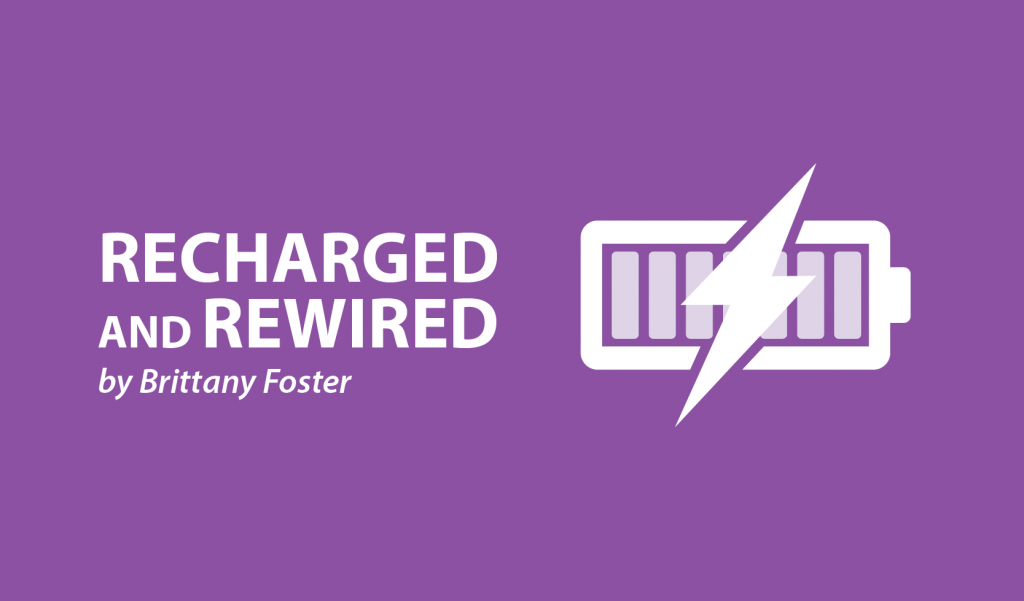The Many Ways that Pain Affects My Physical and Mental Health
Written by |

***
“Pain comes in all forms. The small twinge, a bit of soreness, the random pain. The normal pains we live with every day. Then there’s the kind of pain you can’t ignore. A level of pain so great that it blocks out everything else. Makes the rest of your world fade away, until all we can think about is how much we hurt. How we manage our pain is up to us.” – Grey’s Anatomy
Throughout my life, I haven’t been a stranger to pain. I’ve had breaks, tears, fractures, and sprains in almost every part of my body from playing sports. Numerous surgeries left me with weeks of pain afterward. The good thing about this type of pain is that there was an end to it. I knew I would get better. This was the type of pain I pushed through because I could see myself making progress toward recovery. The idea of “pushing through the pain” was long before my diagnosis of pulmonary hypertension, way before the chronic pain that flares up and takes over my body.
The level of pain that I experience with chronic illness can’t be compared to post-op surgery pain or a break in the body. Those types of pains have an end. They have an estimated time to heal. The type of pain I experience, along with many others who have chronic health conditions and pulmonary hypertension, doesn’t have a definite end. Sometimes there’s no way to predict how long a pain will last, no way to know if it will go away. For me, this is the hardest part about living with pain from my health conditions. The lack of control I have over it has a huge impact not only on my physical health, but also on my mental health.
When I am experiencing the kind of pain that is hard to ignore and impossible to control, my physical health suffers. The types of pain I experience from having pulmonary hypertension range from mild to severe and come from almost all parts of my body. Many of the pains I experience are a direct result of my underlying condition that has caused chronic hypoxia and pulmonary hypertension. I have debilitating migraines that are worsened by lower oxygen levels, GI pain including burning pain from reflux and abdominal cramping, chest pain and discomfort from working hard to breathe, muscle soreness and weakness, and pain from swelling and fluid retention.
The Pulmonary Hypertension News forums are a place to connect with other patients, share tips and talk about the latest research. Sign up today!
Many people are surprised by the fact that pulmonary hypertension and lung conditions can have an impact on so much of the body. But, think about it, every organ needs oxygen and blood flow to function properly. The pain is like a brutal reminder that my body is struggling to keep up with the many demands I put on it.
This reality affects me physically, and when I am in a lot of discomfort, I struggle mentally. Not having the control over my body and the ability to just “push through it” makes me feel as if I’m at a loss. My thoughts make me wonder if what I’m feeling will ever end, and I easily become anxious, depressed, and feel hopeless at times. I create what-if scenarios that are always the worst-case thoughts. I become depressed knowing that this won’t be the last time this type of pain occurs.
When I am mentally feeling this way, I remind myself to reach out for help. I always find some comfort after talking about how I’m feeling both physically and mentally with friends who understand, family members I can trust, and my therapist.
Pain is added stress on the body and the mind. Although it may seem impossible to manage and get rid of, there are ways that people can stop it from becoming more stressful. Each person’s way of managing pain is unique. I allow the body to rest, cry it out, feel angry and upset, and let someone know about all the ways it affects me.
Going back to the quote above: “How we manage our pain is up to us.”
***
Note: Pulmonary Hypertension News is strictly a news and information website about the disease. It does not provide medical advice, diagnosis, or treatment. This content is not intended to be a substitute for professional medical advice, diagnosis, or treatment. Always seek the advice of your physician or other qualified health provider with any questions you may have regarding a medical condition. Never disregard professional medical advice or delay in seeking it because of something you have read on this website. The opinions expressed in this column are not those of Pulmonary Hypertension News or its parent company, Bionews Services, and are intended to spark discussion about issues pertaining to pulmonary hypertension.





Leave a comment
Fill in the required fields to post. Your email address will not be published.